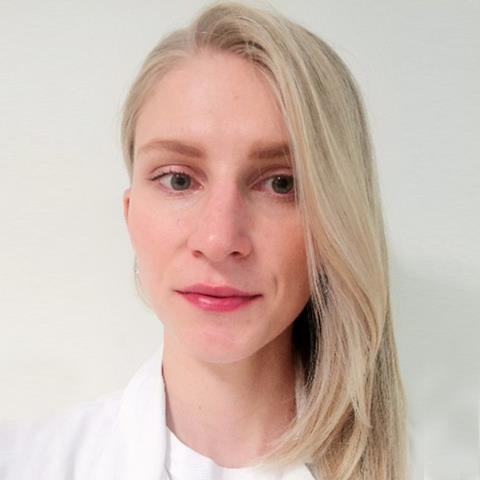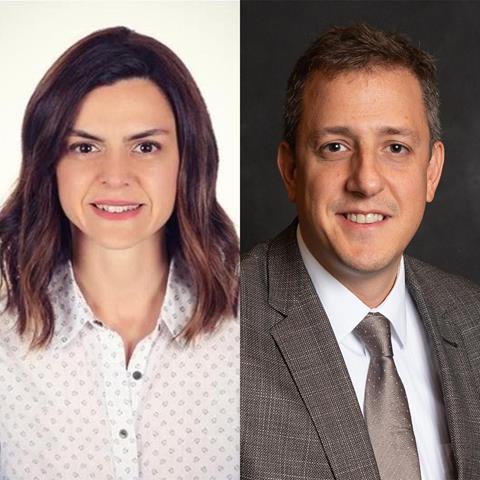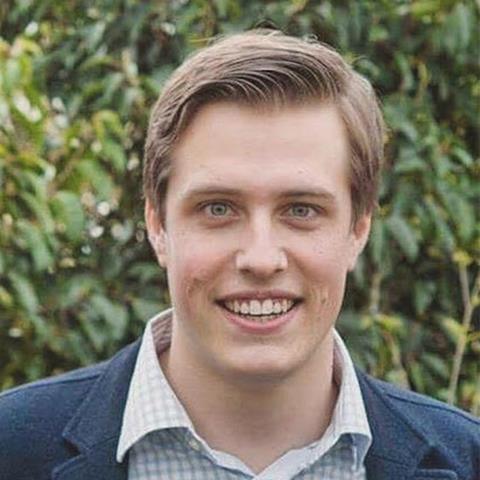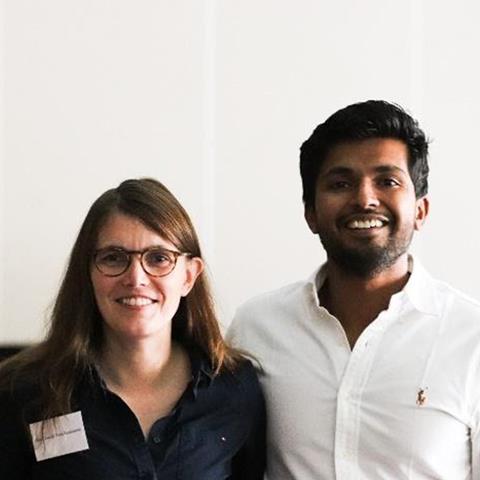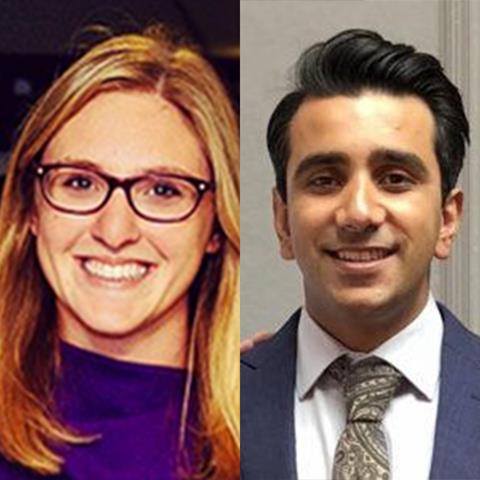YO Training July 2021

I am Dr. Matthias Claeys, president of the Belgian Ophthalmological Association of Residents (OBAO). During basic medical training, I came into contact with ophthalmology through various humanitarian missions with the NGO See & Smile in Africa, which spiked my interest.
I subsequently started a residency-in-training in the university hospital of Ghent (UZ Ghent), where I am currently in my 3rd year of training and am developing an interest in vitreoretinal surgery. I would like to thank the SOE YO to give me the opportunity to write about the ophthalmological training program in Belgium.
Ophthalmology training in Belgium is a 4-year practical programme (after you complete a basic medical training of 6 years; 3 years bachelor and 3 years master). In these 4 years, you complete theoretical aspects which include: writing a master’s thesis, publishing an A1 article, passing an international exam (EBO or ICO) and completing a package of more general theoretical courses (Master after Master).
In Belgium, ophthalmology training requires a minimum of one year residency in a university hospital and a peripheral hospital each. In addition, it is possible to complete part of the training in a country abroad for a maximum of 1 year (European country) or for 6 months (non-European country). An average resident spends around 2.5 years in a university hospital and 1.5 years in a peripheral hospital.
Overall, the practical and theoretical parts in the ophthalmology training program seem balanced, however in practice it can feel as if the scientific/theoretical part is neglected in favour of patient-time. Residents are supposed to get half a day of scientific time per week, however in practice this is not always evident. This is not only the case in ophthalmology, but also observed in most of other specialty training in Belgium. In addition, most residents are working a substantial amount of hours more than legally allowed and on-call duties are not always compensated (in both recuperation days and payment). These problems emanate from the fact that the tuition and payment of the resident is coming from the same institution, evoking a large conflict of interest, leading to prioritizing activities that are not always in the interest of a resident in training. The abovementioned issues are related to the social status for residents in Belgium that dates back to 1983 and has never been adapted since. This is why OBAO cooperated with the overarching general representation of all residents in Belgium (VASO/CIMACS) to improve the social status.
Even a strike had to be called as a means of pressure to obtain an improvement of our social status. The government and hospitals came to a final agreement on Wednesday 19th of May 2021. Fortunately, this new agreement has addressed many of the weaknesses in our training and applies to all residents in Belgium, in every specialty, in every hospital. A short summary of what the new social agreement includes is as follows: a fixed monthly salary for a 48h working week, an opting out possibility to work up to 60h per week in function of on call duty, payment of on call duty, obligatory scientific time (for performing the Master after Master, congresses and humanitarian missions) and a new independent control system of the hours worked (independent of the hospital and thus tutor). This agreement will be re-evaluated every two years to keep up with the ever-changing climate of doctors in residency.
For the past 2 years, OBAO has entered a partnership with the Belgian ophthalmological societies to improve the practical surgical training for residents in Belgium. The first steps in this program are now getting implemented. An EyeSi, a virtual cataract surgery tool, was purchased for residents so they can practise for free. From September 2021 onwards, this will be combined with theoretical and practical training. This training will be organised as follows: 2 months basic and intermediate theory, 2 months basic and intermediate virtual training, 2 months wetlab sessions on different phacomodules, 2 months theory on advanced cataract techniques, 2 months virtual training on advanced phacos and the last 2 months a wetlab with complicated cases.
As you can see, the Belgian residency program is still ever improving, and I would like to thank all our allies that made these changes possible. I hope that future problems can be addressed with similar joint effort.

